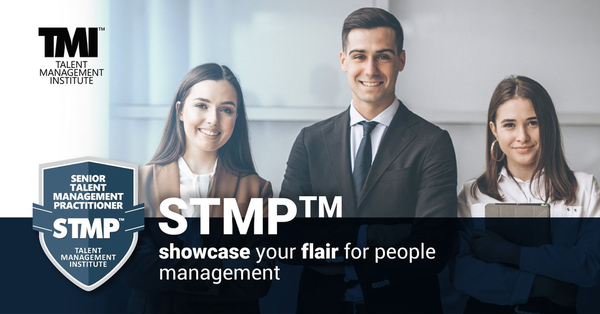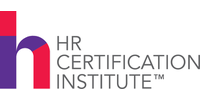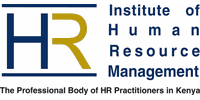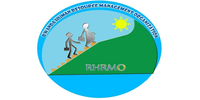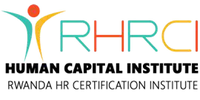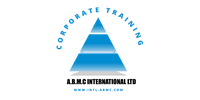
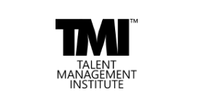
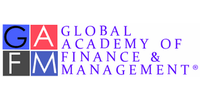
Where
The Ritz-Carlton, Kuala Lumpur
Jalan Imbi 168
Kuala Lumpur, Wilayah Persekutuan Kuala Lumpur, Malaysia
Event Details
Speakers

Anwar Jumabhoy
Partner - Malaysia, Singapore & Brunei at 21CC Education

Wendy Wong
Leadership Performance Coach/Managing Partner at Petadiri Leadership-Malaysia

Eddie Woo
Founder/TEDx Speaker | Creative Problem Solver | Trainer | Coach | Facilitator | L&D Consultant of Bumble B Solutions

Hanie Razaif Bohlender
Co Founder and General Manager of Dragonfire Corporate Solutions
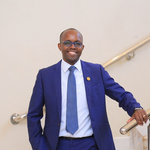
Joseph Mugo
Data Scientist and CEO of ABMC INTERNATIONAL GROUP
Event Details
Overview
The HR function adds value to an organization through human capital investment. The function has undergone multiple transformations over the years. It has transformed from being a support function to a strategic function in organizational operations. It is now focused on both people strategy and business strategy. This means HR professionals have to adopt a CEO approach in their thinking by incorporating their strategy in the overall organizational well being and continuity.
As the HR functions evolve, it is no longer about employee engagement and satisfaction, talent recruitment and retention, workforce diversity, and succession planning. It is also composed of aspects such as multi generational workforce and digital revolutions which have been instrumental in enhancing employee engagement and culture building by HR practitioners.
The HR function has also undergone major changes and now encompasses:
How digital transformations can drive strategic talent management in HR! : HR is a key driver of digital transformations in the workplace through identification of talent with essential skills and competencies needed to function in the digital world. The HR department engages in building a talent pool that can embrace both the present and future workplace through training and development programs on how to incorporate technology in work processes.
How conversant are you in HR analytics (People analytics )?. A report by Deloitte estimates that over 70% of organizations are using HR analytics to improve performance. Chief Human Resources Officers (CHROs) are using HR analytics to get insights on the impact of people drivers on organizational performance. This data based approach adds value to various aspects of HR such as: talent acquisition, management and retention, diversity, equity and inclusion, employee experience, and workforce planning. It helps to identify what works or doesn't and re-strategize if need be.
Is working in the metaverse part of worklife?: Technological advances have created a virtual reality workplace. Employees enjoy digital workstations that give them autonomy over their work. Google, Meta, Microsoft and Apple have been at the forefore in embracing metaverse in the workplace according to a report by CNBC. A past survey by ExpressVPN, a software company that targeted employees and companies in the US also points out that a metaverse workplace resonates well with most employees as it offers more work flexibility, collaboration with co-workers and the fun of "traveling" virtually.
Establishing a hybrid work model for collaboration.
HR professionals have become cognizant of the need for work flexibility especially post pandemic. Today's organizations now include an in-office and remote work set up in a bid to improve employee productivity. This flexible work model aims to offer more growth and personal freedom to employees and in the long run achieve healthy work life balance. For instance, corporate giants such as Ford, Amazon and Microsoft have taken the lead in establishing hybrid workplaces. Further, research by Zippia The Career Expert suggests that 74% of US companies have already implemented or in the process of implementing the hybrid work model. This is a clear indication that a hybrid work model will be a key trend in the future of work.
Employee wellness redefined: Employee wellbeing and mental health has gained more attention post pandemic. HR professionals have become deliberate in ensuring wellbeing and mental health is addressed in organizations. Findings from a study in the recent past by McKinsey Health Institute shows that one in every four employees globally suffers from work burnout.The study also suggests a strong correlation between a toxic workplace and burnout. This shows the need for redefining employee wellness by creating a healthy organization. One that advocates for physical health, mental wellbeing, financial fitness, social health, safe workplace, and a healthy and positive organizational culture.
Increased Diversity, Equity & Inclusion (DEI) initiatives: DEI initiatives are meant to build a fair and equitable workplace that accommodates all employees. In light of the developments of hybrid work contexts, HR departments have become proactive in nurturing an organizational culture that encourages positive workplace behavior. An article published by Forbes recommends use of recruitment, onboarding, compensation, professional advancement, mentoring and retention metrics to increase DEI in the workplace.
The HR function is thus a key pillar in an organization's success and overall strategic direction. Just as financial capital is accorded importance in the running of an organization so should human capital. This calls for articulation of HR function through bridging any gaps that hinder CHROs from becoming strategic business partners.
Who should attend
- HR managers
- Recruitment managers
- HR strategy development managers
- Training & development managers
- Performance management managers
- Talent management managers
- Change and organizational development managers
- HR consultants
- Recruitment consultants
Benefits to delegates
- Apply HR analytics and metrics to improve performance
- Adopt latest digital strategies to drive HR functions in organizations
- Understand how to increase HR efficiency in organizations
- Increase the Return On Investment (ROI) of HR programs
- Build international HR networks
- Interact and share knowledge with top notch international speakers
Event topics
- The great reorganization: how the HR Model needs to evolve for the future world of work.
- Leveraging strategic workforce planning to build future proof organizations.
- Talent management in a multi generational workforce.
- Aligning HR functions with corporate strategy.
- A Chief Human Resources Officer (CHRO) as a proactive agent in the change management process.
- Effective training and re-skilling strategies for HR.
- Hybrid work environment as the new normal.
- Building a healthy organization: A holistic approach to employee well being in the workplace.
- Building winning workplace cultures in a transformed world.
- The power of HR metrics and analytics in organizational performance.
- HR as a driver of digital transformation and innovation.
- Unlocking organizational effectiveness through employee resilience building.


